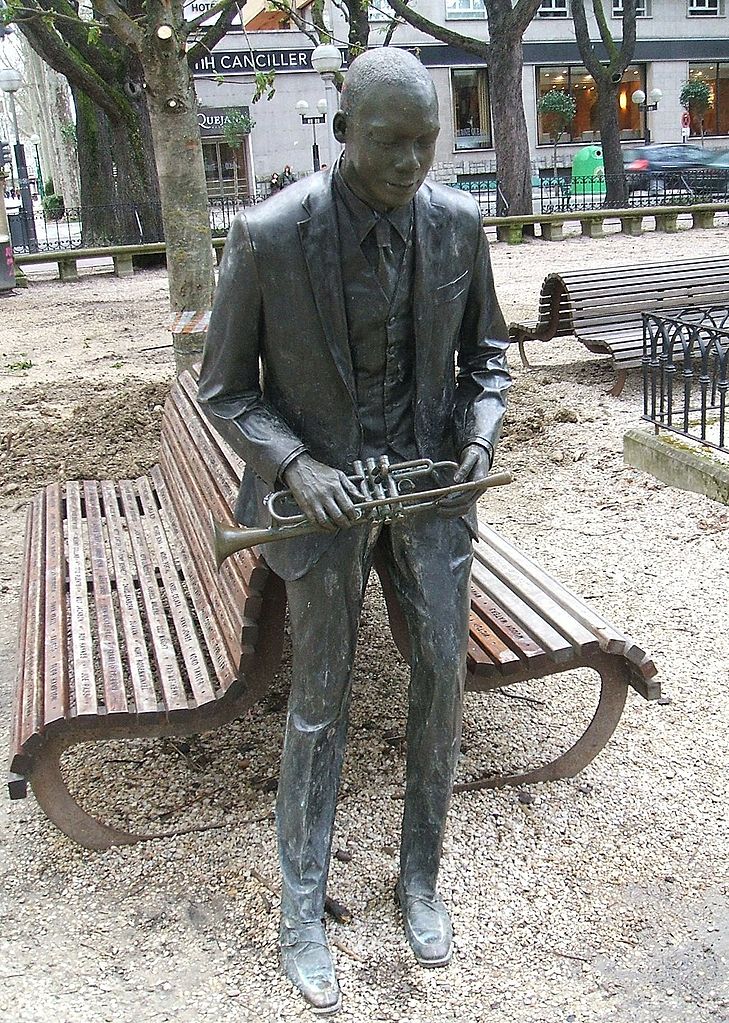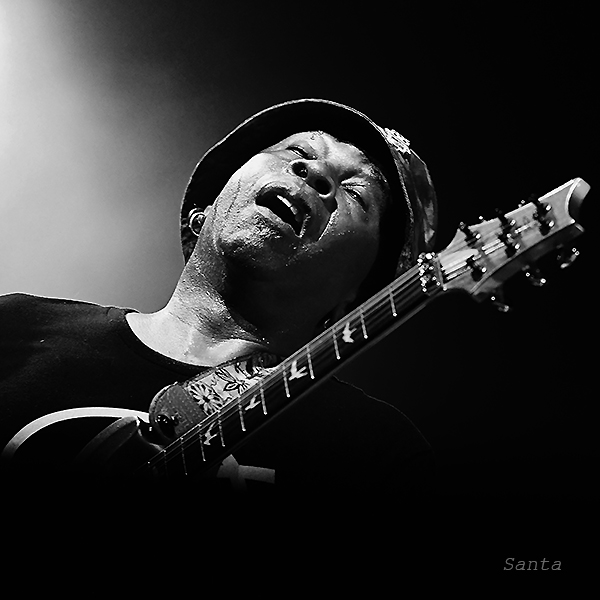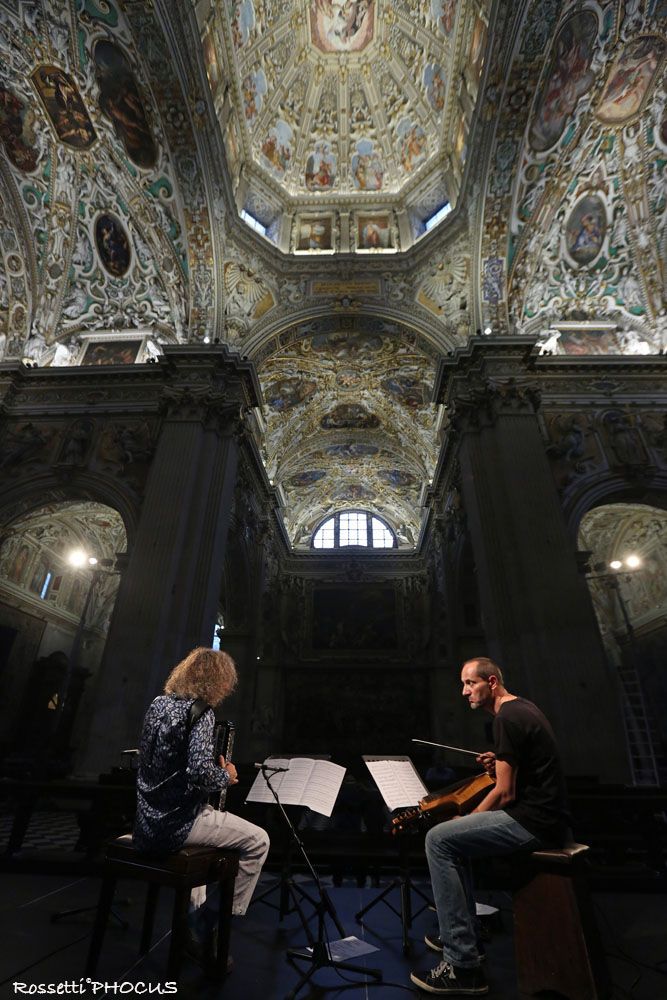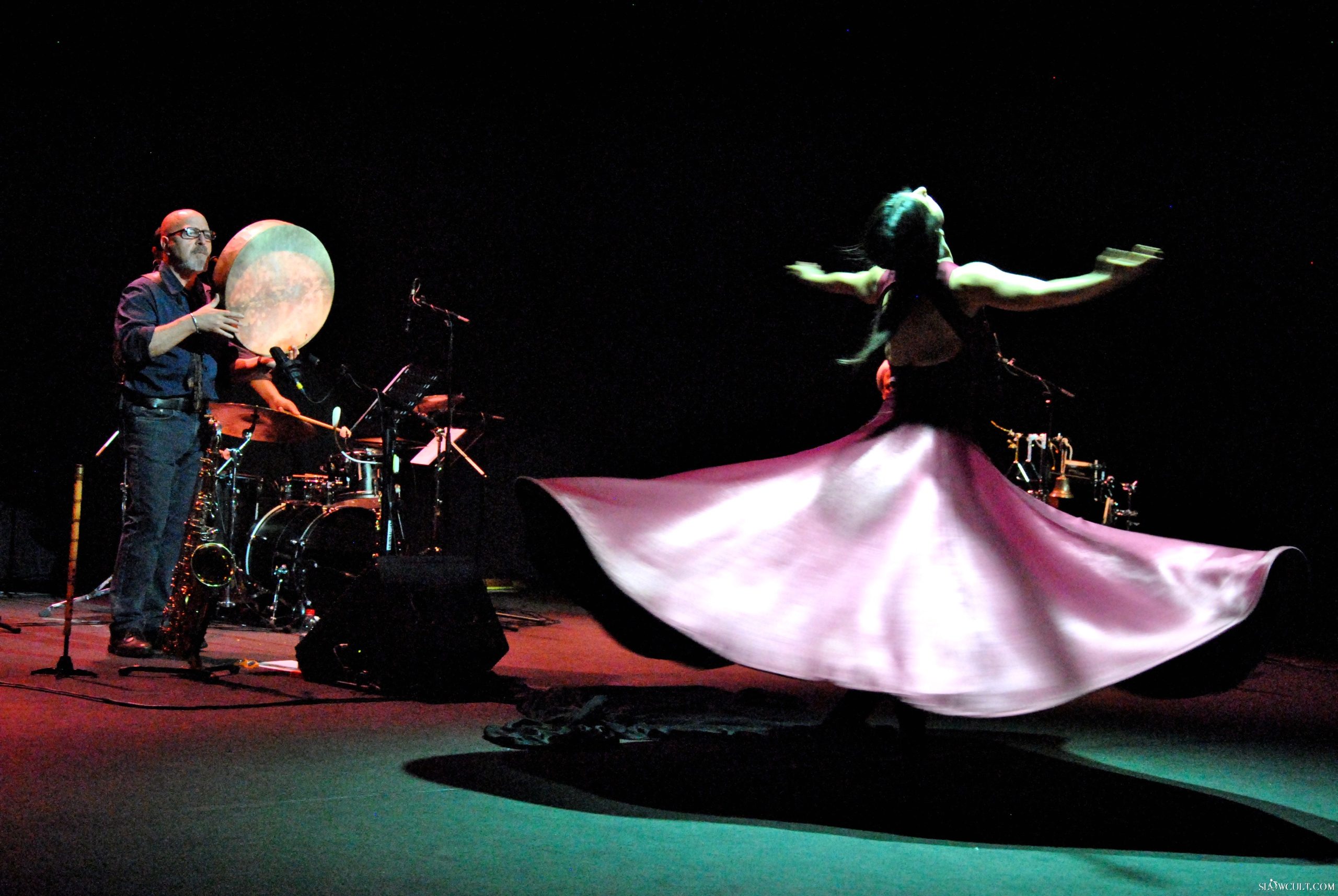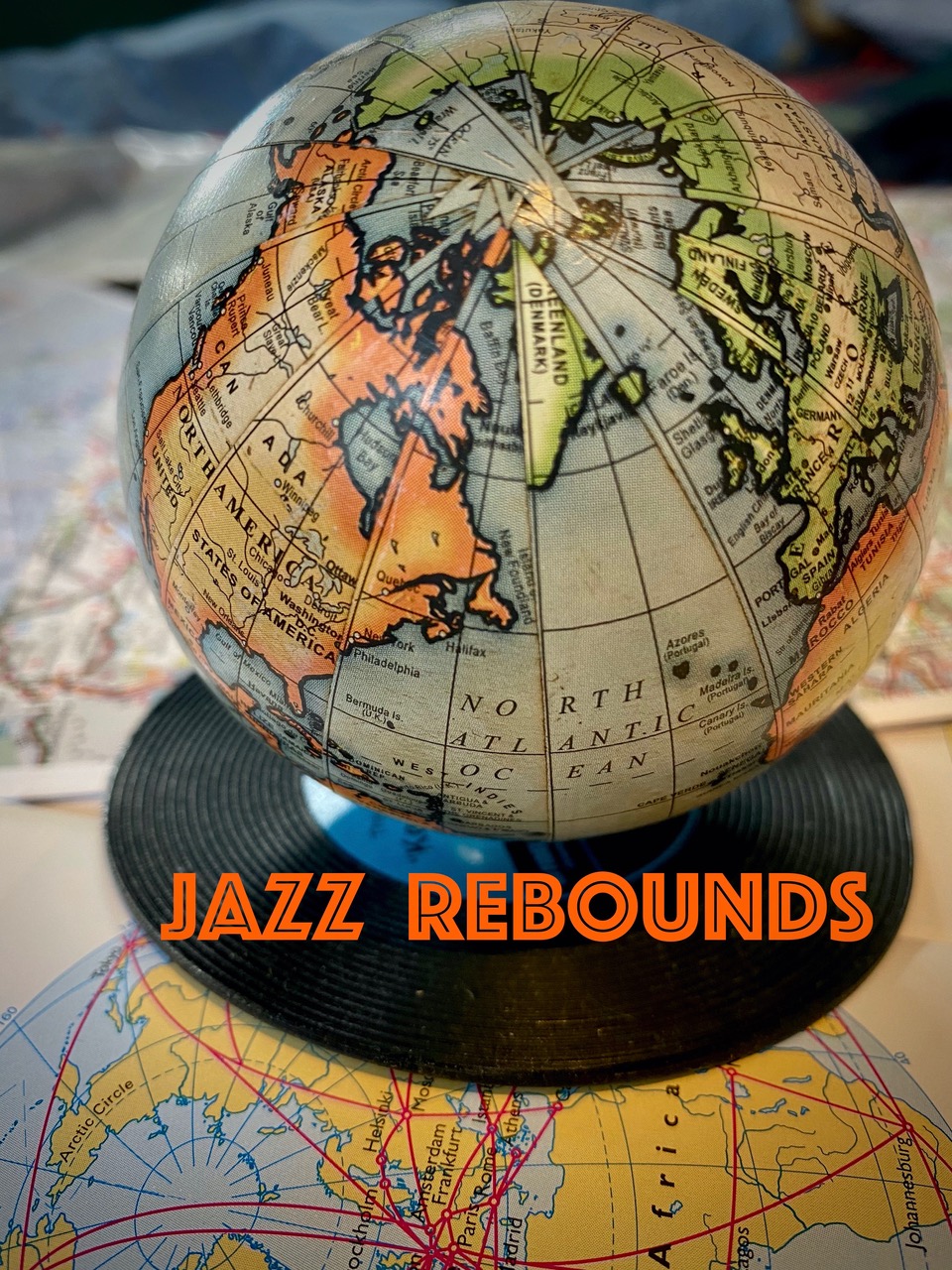As COVID-19 has disrupted the lives and jobs of many different people worldwide, we at Jazzfuel — which I started in 2016 to offer insight and practical advice to independent jazz musicians — wanted to look specifically at how such musicians are being affected by the current situation.
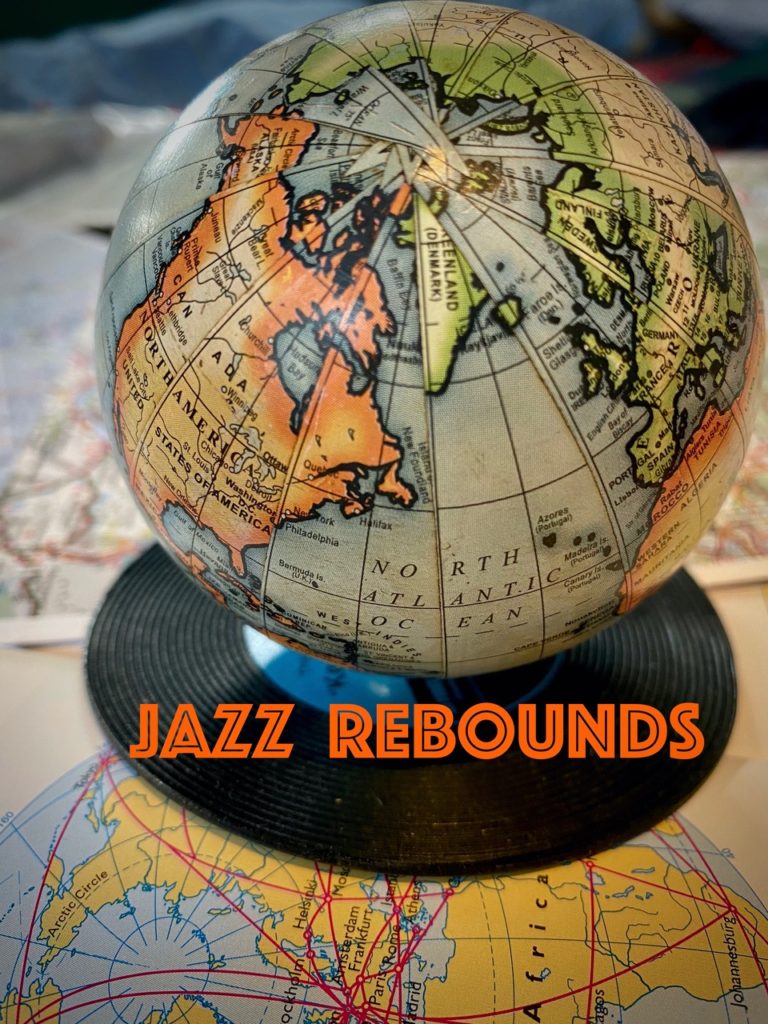
So we conducted a comprehensive survey of 266 professional jazz musicians around the world about their work and plans in relation to the coronavirus pandemic.
55% of jazz musicians surveyed said they had no live performances scheduled for 2021
Respondents were based all over the world, with 59% in Europe (including 22.5% in UK) and 35% in North America (including 28% in USA). More than half of the musicians surveyed have been professional musicians for more than 20 years and almost 80% have been professional musicians for more than 10 years.
Before the 2020 coronavirus pandemic, around 56% of all respondents’ income came from live performance and on average 22% of gigging their activity involved taking flights or crossing borders.
Delving into government support, loss of income and plans for the future, this global picture of the impact of the virus on a cross-section of the jazz community highlights the precarious and uncertain position many find themselves in.
The results confirm a huge decrease in income for professional jazz musicians, a drastically changed way of working and uncertainty for the future, yet there are also messages of positivity, and ideas for a more resilient jazz community in the long term.
Jazz musicians reported on average cancelling 35.5 gigs so far in 2020 as a result of COVID-19
Among the key takeaways:
- As of October 2020, 55% of jazz musicians surveyed said they had no live performances scheduled for 2021. This figure rose to 73% in the US and dropped to 48% in Europe.
- On a scale of 1-10, musicians’ optimism for the jazz scene in the next 12 months averaged out at 4.2.
- 55% of all musicians surveyed had received some form of government support, although that figure dropped to 49% in the US.
- 49% of all musicians had performance a livestream concert since lockdown and 37% of those said they were ‘extremely likely’ to continue doing that.
- 61% of jazz musician’s surveyed said their 2020 income would be at least 50% lower than in 2019, with 30% saying it would be more than 75% less.
- 56% of income came from live performances, pre-COVID.
- The average lost income for musicians worldwide as a result of cancelled shows was $12,079. This amount rose to $17,150 per musician in the US and dropped to $9,136 (€7,771) in Europe.
- On average, 22% of these musician’s gigs involve flights or crossing borders.
- Musicians on average had 35.5 cancelled gigs so far in 2020 as a result of COVID-19.
- 63% of musicians surveyed said that the events of 2020 have had a knock-on effect in changing their plans for releasing music.
Unsurprisingly, the pandemic and subsequent national lockdowns had a significant impact on income and live gig opportunities for professional jazz musicians. 61% of jazz musicians surveyed said their 2020 income would be at least 50% lower than in 2019, with 30% saying it would be more than 75% less.
The musicians surveyed averaged 35.5 performances cancelled as a result of the pandemic and the average individual income lost worldwide as a result of cancelled shows was $12,079. This amount rose to $17,150 in the US and dropped to $9,136 in Europe.
Survey results also highlight how wary the industry is, currently, of planning ahead.
As of October 2020, 55% of jazz musicians surveyed said they had no live performances scheduled for 2021. This figure rose to 73% in the US and dropped to 48% in Europe.
Pre-COVID, many jazz clubs and festivals were booking bands six or more months in advance, suggesting that they are now either postponing their Spring plans or waiting until last minute to check the latest situation. In either case, this adds another level of uncertainty that is likely to have knock-on effects past the current spike in cases.
In response
As the virus spread and nations went into various forms of lockdown, professional jazz musicians had to learn to adapt, with or without support from their government. Those governments around the world that did set up different schemes to support livelihoods during the pandemic met with varying degrees of success and usefulness.
55% of all musicians surveyed had received some form of government support, although that figure dropped to 49% in the US.
A survey respondent from Sweden said: “[The] Swedish government have stepped up and made sure the culture section of the country could finally take advantage of social security systems. It felt amazing that the government actually had my back. Absolutely amazing.”
This expresses the feelings of many on the receiving end of support, yet still leaves half of all jazz musicians with very little work and zero support to get them through.
Live-streaming activity
As our physical and social lives became severely limited, musicians across the world turned to digital and online activity to keep the music going. 49% of all musicians surveyed had performed a livestream concert since lockdown and 27% of those said they were ‘extremely likely’ to continue doing that.
Now major venues and festivals are looking at new business models which combine live experiences with digital, as musicians and producers are quickly learning to hone their live-streaming skills. The jazz industry, with many others, is having to learn to adapt to a new socially distant world, which comes with its own set of requisites.
Preparing for lockdown
We asked respondents what they would have done to prepare for the lockdown if they’d had six months’ notice. Alongside many who answered that they would have saved money, almost 20% commented that they would have invested in a better at-home set up, including recording equipment.
Others mentioned spending time setting up or improving their presence on digital platforms and diversifying by securing online teaching opportunities or other initiatives.

Looking to the Future
The world is learning more and more about COVID-19 and accepting that it will be around a while longer. It’s becoming clear that the economic and social impacts will be long lasting and far reaching, and so what effect does this have on future planning and forecasting for professional musicians?
62% of musicians surveyed said that the events of 2020 have had a knock-on effect in changing their plans for releasing music. For some, that means delaying their releases indefinitely.

But there was a notable split, with others pointing out that they were bringing forward recording and release plans to fill the void left by gigging.
“I’m now more inclined to record and release music as there is no live scene” said one musician in the UK. Another, in Italy, commented that “I switched from live gigs to putting music on Spotify and other streaming services.”
It’s an interesting divide, highlighting that industry question of what comes first today: the album or the gig?

Positivity in 2020?
Our survey shows that on a scale of one to 10, the average of musicians’ optimism about the jazz scene in the next 12 months rated as 4.2. That is, not optimistic.
This pessimism is no surprise, but respondents did offer snippets of positivity from the year when asked what, if any, positive things they learned or have taken away in this period of uncertainty. Comments highlight the diversity of the field nowadays — musicians are constantly reinventing themselves and evolving as both performers and entrepreneurs.
Within days of the lockdowns settling in, musicians were teaching themselves how to stream multi-camera shows from their homes, continuing to connect with their audiences. Others transferred the majority of their teaching online to maintain that income stream.
As Fred Bolza of New Soil Music points out, “while times are tough the resilience and improvisational nature of jazz musician at least provide strong traits for adapting and evolving as the world around us changes.”
Personal Wins, Career Planning
For many, although they miss performing, spending more time with their family was a very welcome change, too. Responses included unexpected discoveries, or gratefulness for the gift of time to reflect on what and why they make music.
Many said they found positivity in the time they had to be creative again. Others noted an improvement in practical skills and measurable benefits:“It’s been very good for improving admin skills, filling out funding applications and online promotion. These are skills that will be very useful long-term.”
Some respondents were grateful to have time for self-reflection: “Paramount is a deeper connection to the music. Mainly re-assessing what I want to play and why, and how do I feel about my own music and how and when I want to release it in the future.” (USA) Some were actually grateful to take a break from trying to book gigs: “It‘s nice to get a break from the hustling.” (Germany)
“There are certain gigs I did before that I don’t miss at all (apart from the financial aspect). It’s got me thinking what I’d like to do in future. It’s given me perspective and time to plan new initiatives that I would otherwise have had time to do. I’ve also enjoyed working on my playing in a non-pressure way. I feel I’ve improved, which will be nice when I start working again.” (UK)
Finally, a respondent from the USA said: “More than ever, I can’t imagine doing anything else with my life that would be as meaningful.”

EDITORS NOTE: The JJA thanks Matt Fripp, British booking agent and artists manager currently based in France, for permission to post his survey article and visualizations. See more of his writings, interviews and resource lists at JazzFuel.

